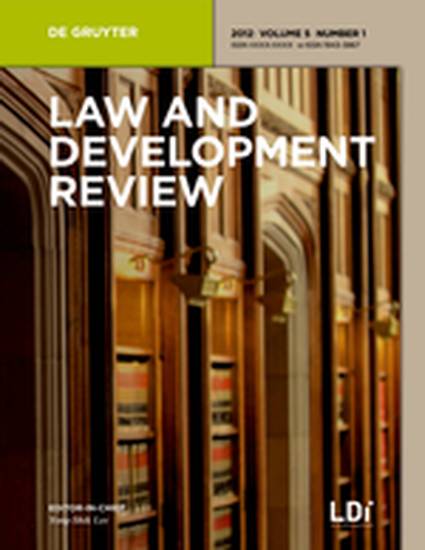
Article
Competition Law as Development Policy: Evidence from Poland
Law and Development Review
(2009)
Abstract
The relationship between the design of competition laws and economic outcomes remains the subject of considerable controversy in both law and economics. Recent cross-national studies suggest that effective legal constraints against anticompetitive practices can enhance prospects for economic development by increasing the number of market participants and the quality of broader political and economic institutions. This paper explores the linkages between regulatory constraints against anticompetitive practices and the efficiency of market mechanisms by focusing on the experience in Poland between the collapse of central planning and regulatory harmonization pursuant to European Union accession. The analysis suggests that per se prohibitions and a narrow bureaucratic mandate provided relatively credible and predictable constraints against anticompetitive agreements and practices during the formative days of the market system in Poland. The evidence has implications for other jurisdictions that instead implement the rule-of-reason approach to the design of competition law during the 1980s and 1990s.
Keywords
- competition law; per se prohibitions; rule-of-reason; development economics
Disciplines
Publication Date
2009
Citation Information
Reza Rajabiun. "Competition Law as Development Policy: Evidence from Poland" Law and Development Review Vol. 2 Iss. 1 (2009) Available at: http://works.bepress.com/reza_rajabiun/10/
